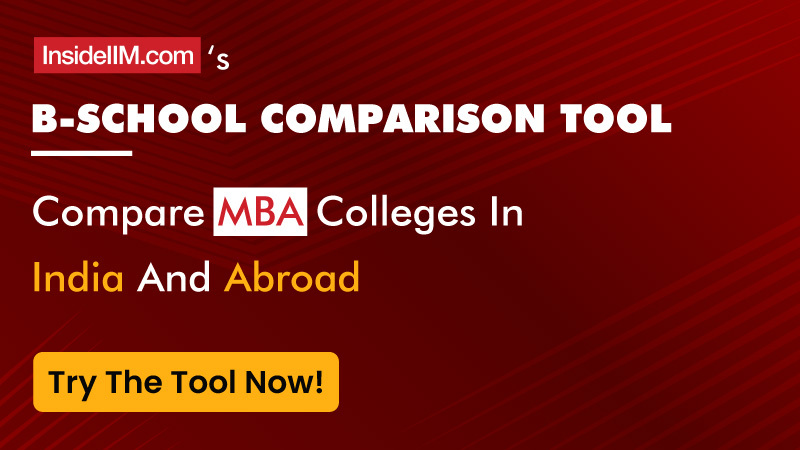Starting off with the neuroscience of learning, the speakers established the importance of acquiring life skills, the need to search for energy instead of power and the fact that organizations are more about people than anything else. The discussion eventually moved onto management as a science vs management as an art, the increasing skill gap in the industry being caused by the corporate arrogance of being the know-all and thereby constricting the opportunities for innovation, and the importance of a high emotional quotient in becoming an impressive leader. A slight discussion on the HBR article – The Human Side of Management was also presented.
With the progress of the sessions, focus was shifted into understanding the science behind human emotions and feelings. The human learning process was spoken of in detail, and they spoke extensively on the stages of learning – Unconscious incompetence, Conscious incompetence, Conscious competence and Unconscious competence. True learning remained in being able to analyze the Conscious incompetence stage after reaching the Unconscious competence stage, for that opened up avenues for improvement and therefore innovation. The importance of listening to one’s environment and the importance of sharing knowledge with others were spoken about. The session broke for lunch with a note on the importance of knowing one’s own energy “chargers” and “drainers”. This was augmented with a 15 minute meditation.
The post lunch session began with a discussion on the leadership styles of people, and various well known industry leaders were talked about. Also, the importance of delegation of work was stressed with specific focus to the barriers to proper delegation. The speakers established how efficiency in teams can be increased with proper delegation of work. Much of the post lunch session was concentrated on the power of trust, in driving people relationships. As the audience pondered on whether they are trustworthy, the speakers spoke extensively on the conflict between the head and the heart in matters of trust which may eventually result into distrust. The day ended with the speakers urging the audience to know their team member’s “hot buttons”, their do’s and don’ts, and using this knowledge in conflict resolution.










Comments